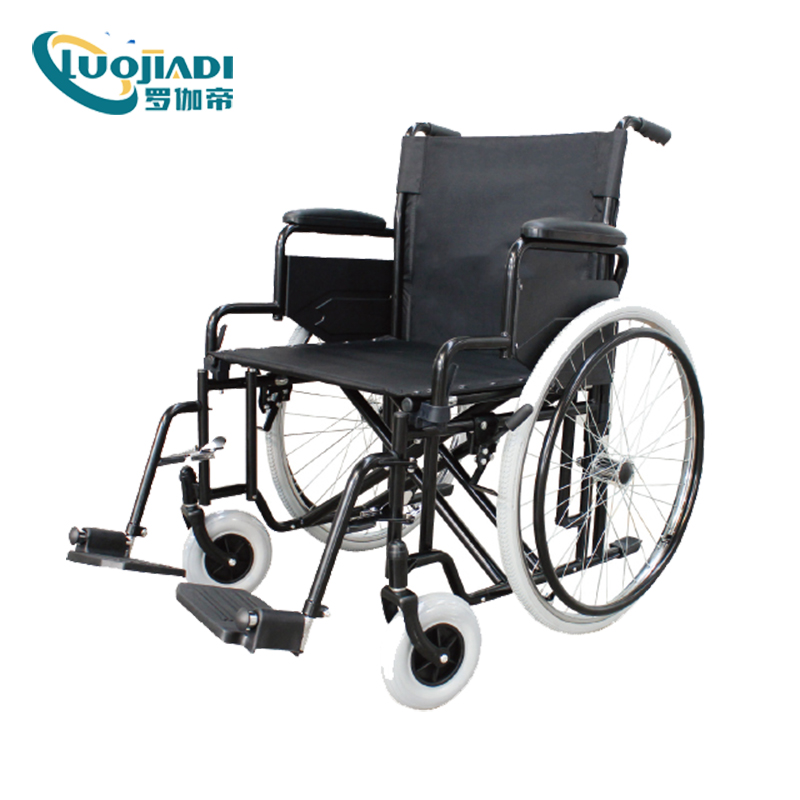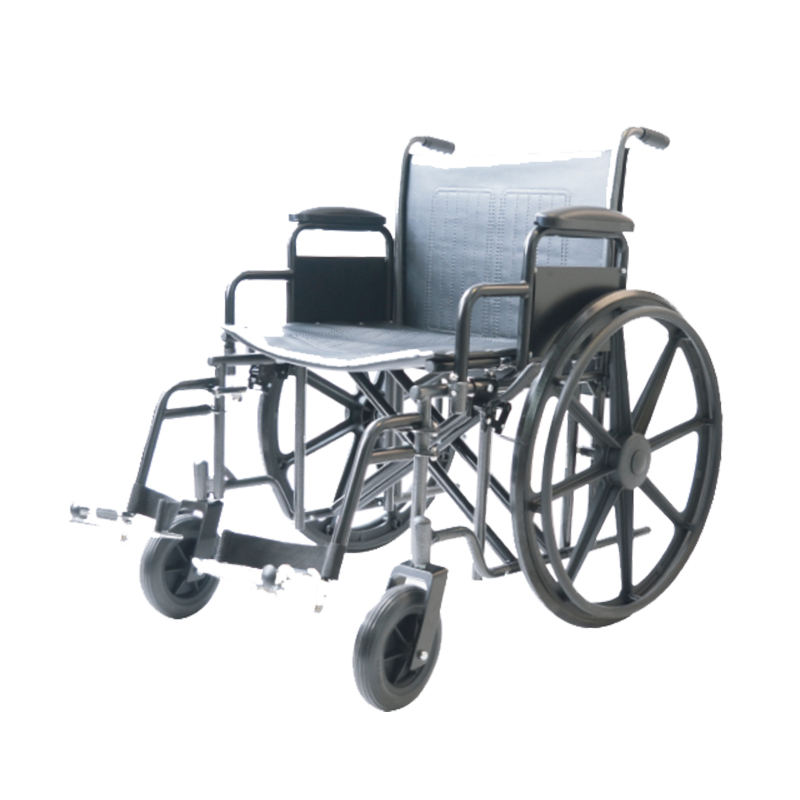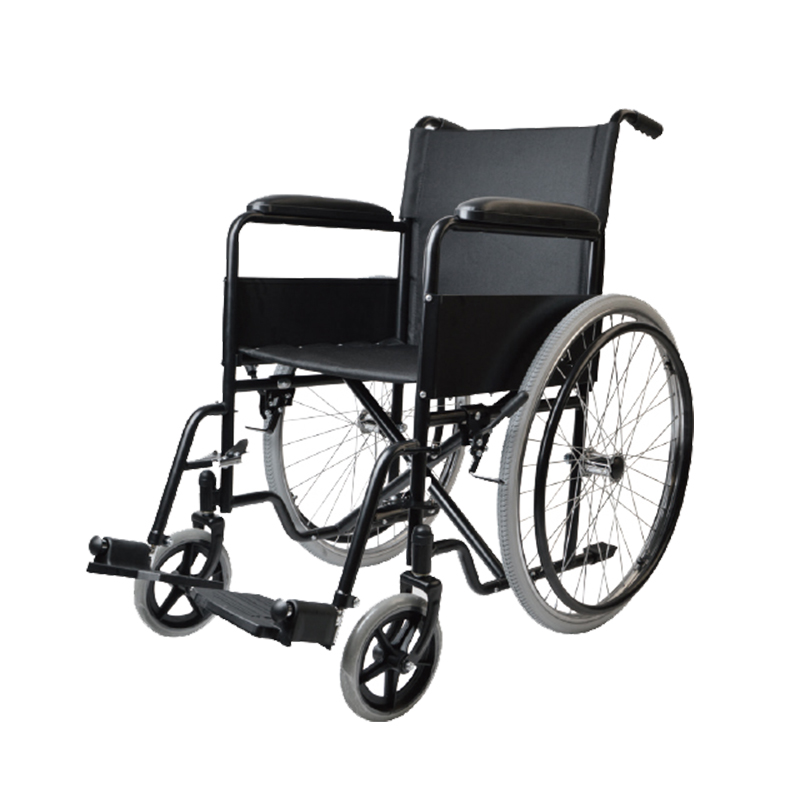National Iodine Deficiency Disease Day in Yunnan Province Maintains Elimination of Iodine Deficiency Disease in the Last 10 Years
On May 15th this year, it was the 24th “day for the prevention and treatment of iodine deficiency disorders†in China, to further raise public awareness of the prevention and treatment of iodine deficiency disorders, speed up the construction of healthy China, increase scientific proponents of iodine supplementation, and consolidate iodine deficiency disorders. As a result of the prevention and control, the Yunnan Provincial Health and Family Planning Commission, the Yunnan Provincial Industrial Information Commission and the Yunnan Salt Industry Co., Ltd. jointly organized the 24th “Iodine Deficiency Day†campaign in Kunming.
Global population of 2.2 billion
Living in iodine deficiency areas
According to reports, iodine deficiency disorders are the general term for a group of diseases that are caused by insufficient thyroid hormone synthesis due to the lack of iodine in the natural environment, including endemic goiter, endemic cretinism and endemic subclinical disease. Iodine deficiency in pregnant women can lead to fetal miscarriage, premature birth, stillbirth, congenital malformations. Iodine deficiency disease is the most widely distributed and threatened population in the world. A total of 2.2 billion people worldwide (about 38% of the world's population) live in iodine-deficient areas. Our province is an inland mountainous province. There is a general lack of iodine in the external environment. Historically, it is also a serious ward for iodine deficiency disorders. The 129 counties (cities, districts) in the whole province are prevalent in different degrees. According to a survey conducted in 1982, there were 18 seriously afflicted districts and counties, 46 communicable districts and counties, and 53 light wards and counties. There were 1.28 million local goiter patients and 4860 local endemic cretinism patients.
Our province has maintained the elimination of iodine deficiency disease for the past 10 years
In 1994, the State Council promulgated the "Regulations on the Control of Iodine Deficiency and Elimination of Iodine by Salt," and "Salt-Iodine-Control of Iodine Deficiency Disease" has become a basic national policy to improve the quality and health of the population in China. Since 1995, our province and the country have implemented salt iodization policy simultaneously. Over the years, our province has always adhered to comprehensive prevention and treatment measures based on salt and iodine. The iodine nutritional status of the population has been improved year by year and iodine deficiency disorders have been effectively controlled. In 2000, the province achieved the goal of basically eliminating iodine deficiency disorders. In 2010, the consumption rate of qualified iodized salt in the residents of our province reached more than 90%, and 99% of the counties in the province achieved the goal of eliminating iodine deficiency disorders. From March 15, 2012, our province has reduced the trial standards for salt and iodine content and conducted follow-up evaluations. The results show that the new standard is more suitable for the health needs of the residents in our province than the original standard. Up to now, the province has continued to eliminate the status of iodine deficiency disorders. In the past 10 years, there have been no new cretins and imactinosis patients, and the overall level of iodine nutrition in the population has remained appropriate. Through the unremitting efforts of several generations of people, iodine deficiency disorders have been effectively controlled and the quality of the population has been significantly improved.
According to Lu Lin, deputy director of the Provincial Health and Family Planning Commission, due to the fact that there are many impoverished people in our province and some people have weak awareness of disease prevention, it is necessary to increase the health education publicity for the masses in a targeted manner for a long time, and effectively strengthen the prevention and control of iodine deficiency disorders. Publicize the work, continue to consolidate and eliminate the state of iodine deficiency, and mobilize the whole society to pay attention to and participate in the prevention and treatment of iodine deficiency disorders. At the time when China's 24th "day for prevention and treatment of iodine deficiency disorders", in order to consolidate and expand the results of prevention and control of iodine deficiency disorders in our province, mobilize the attention of the whole society and participate in the prevention and treatment of iodine deficiency disorders. All levels and departments must do a good job of salt iodization to prevent iodine Lack of disease related policy interpretation.
remind
Iodine will volatilize after cooking
The most fundamental measure for the prevention and treatment of iodine deficiency disorders is the consumption of iodized salt. It is the best method for various iodine supplementation methods. It is not only safe, effective, economical and easy to promote, but also meets the requirements of trace, long-term, and daily life. However, iodine is a very active substance. The iodine in the salt will be lost as the storage time increases, resulting in less and less iodine content. Therefore, we must pay attention to ensure the maximum performance of iodized salt in use.
1. At present, counterfeit iodized salt has appeared on the market in some places in our province. Consumers should go to regular shops and supermarkets to purchase iodized salt.
2. Place the iodized salt in a glass or ceramic jar, add the lid, and place the jar in a cool, non-direct place. Try not to heat the salt. Iodized salt is stored in a high temperature environment and the loss of iodine is faster than when it is stored in a room temperature environment. Therefore, the method of saving iodized salt should be scientific.
3. We are used to adding salt when cooking, and iodine will evaporate when heated. Therefore, try to add salt when cooking, and do not add iodized salt in hot oil and fry together.
4. According to the standard of iodized salt in China, about 120 micrograms of iodine can be obtained by eating 6 grams of salt per person per day, which can fully meet the physiological needs of most adults. The special needs of pregnant women or breast-feeding women and infants and young children require more iodine than the average person. Therefore, it is recommended that pregnant women, breast-feeding women, infants and young children need special supplements such as iodized oil pills or kelp, seaweed, and other seafood products, so that they can not only eat more salt but also can supplement the appropriate amount of iodine.
Cloud News All Media Reporter Wang Lei Correspondent Fan Zaiqiang Photographing
It is an important mobile tool for the home rehabilitation of the wounded, sick, and disabled, turnover transportation, medical treatment, and outing activities. The Wheelchair not only meets the mobility of the physically disabled and the disabled, but more importantly, it is convenient for the family to move and take care of the sick. Allow patients to use wheelchairs to exercise and participate in social activities.



manual wheelchair,hospital use,homecare product,surgucal equipment
Shanghai Rocatti Biotechnology Co.,Ltd , https://www.shljdmedical.com